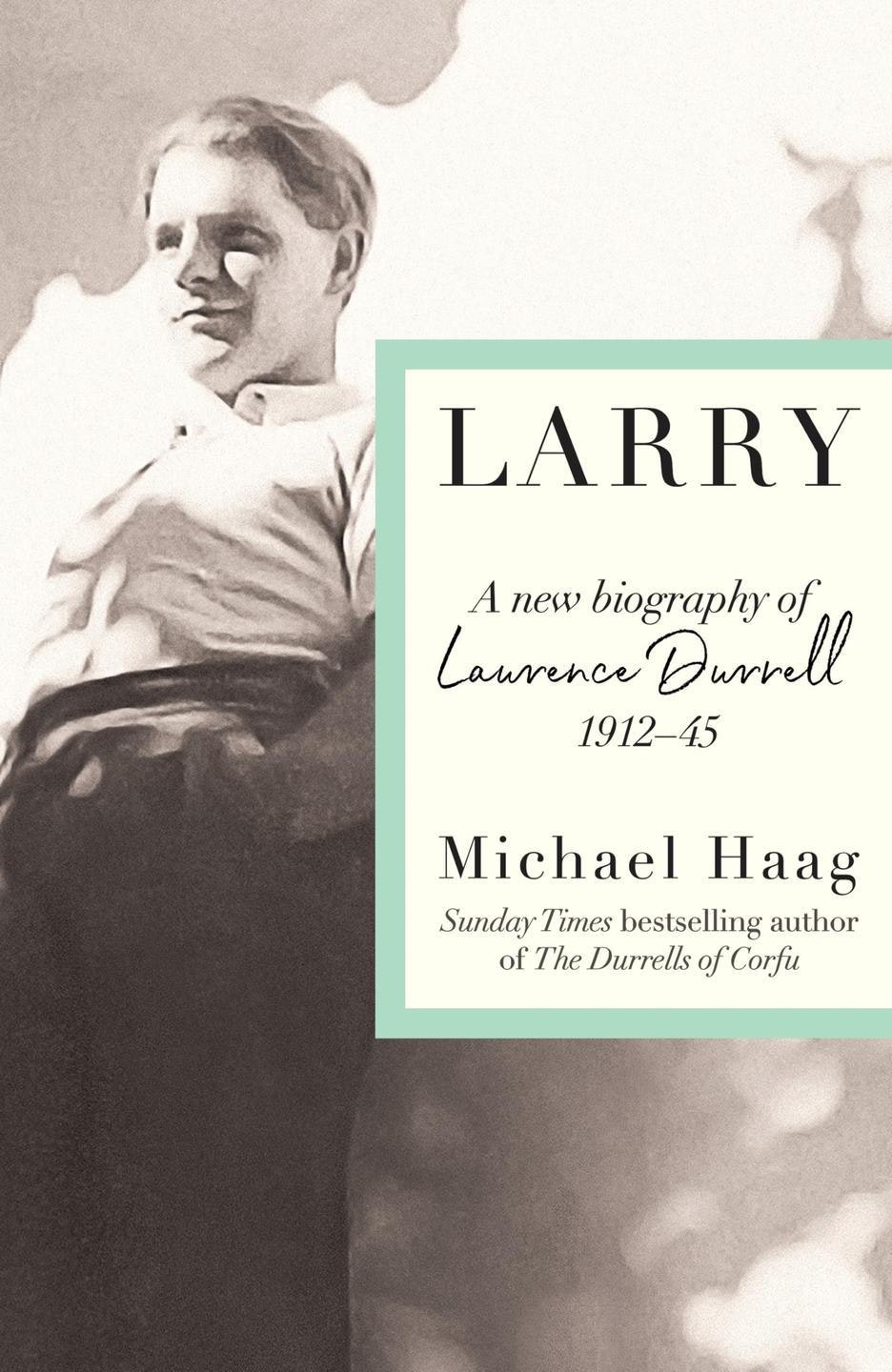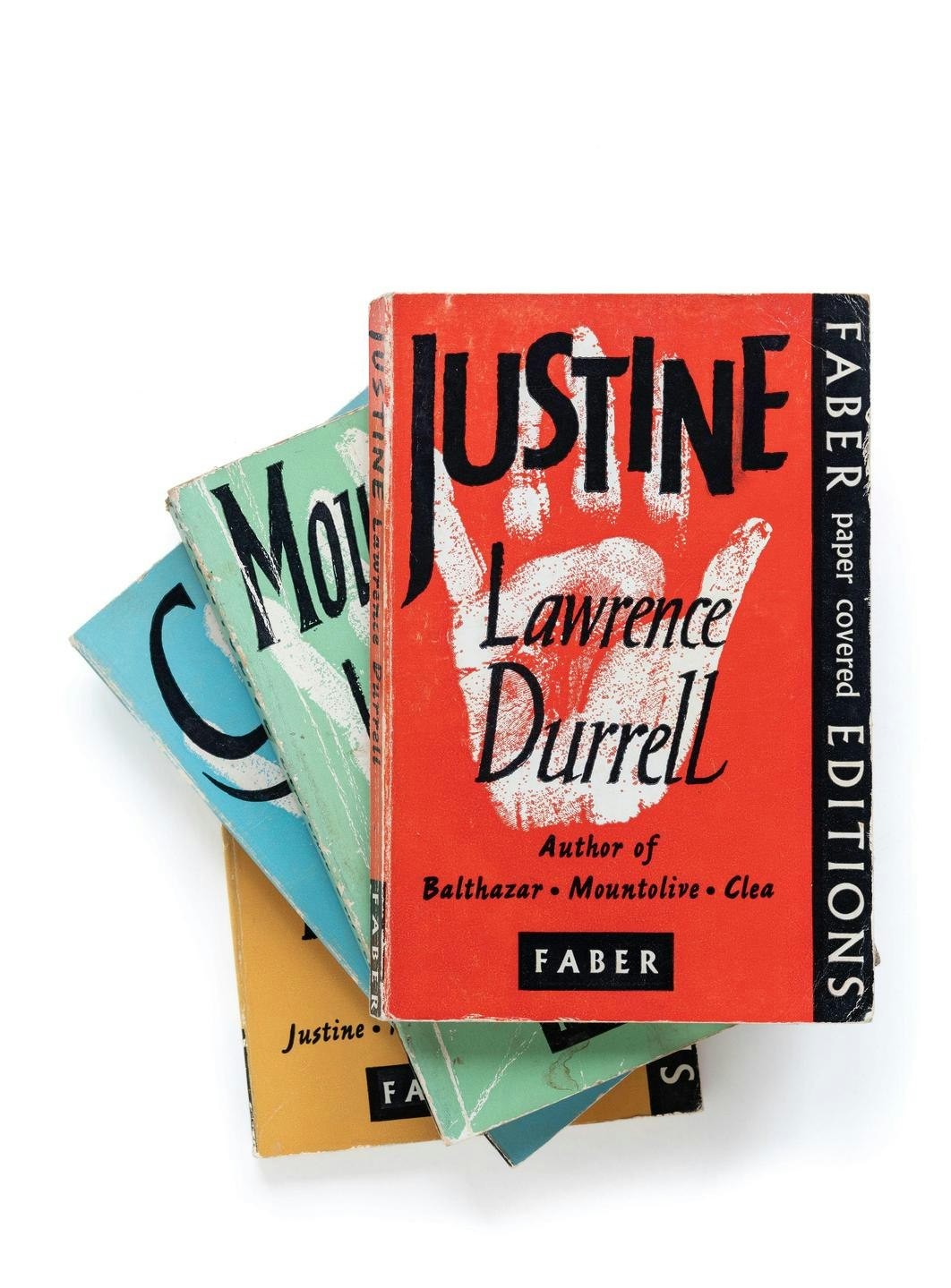This article is taken from the August-September 2025 issue of The Critic. To get the full magazine why not subscribe? Right now we’re offering five issues for just £25.
Poor Lawrence Durrell. A novelist and poet nominated 11 times for the Nobel Prize in Literature, who missed out to the likes of Samuel Beckett and Jean-Paul Sartre, his star has waned in recent decades. Meanwhile his younger brother, the naturalist Gerald Durrell, has only become more beloved, his legacy boosted by the ITV dramatisation of his 1956 memoir of life in Corfu, My Family and Other Animals.
And yet, as Michael Haag’s new biography argues, it was Durrell the elder who masterminded the family’s move to Corfu; who led a glittering cosmopolitan existence filled with romance, adventure and wartime intrigue; and whose life and work offer a window into the British Empire’s final years.

Haag died in 2020, leaving Larry, the culmination of almost four decades of work on Durrell, incomplete. His editor, Mark Ellingham, together with Haag’s family, has done a commendable job of assembling the unfinished manuscript into a book that, whilst it only covers the first part of Lawrence’s life (1912–45), is fresh and lively. It provides an account of his childhood in India, the famous Corfu period and his time in Alexandria during the Second World War.
These years are, according to Ellingham’s preface, “the most compelling” in Durrell’s life. That is probably true: the years afterward, when Lawrence settled in France and completed his best-known work The Alexandria Quartet, were mostly spent writing up the ideas and experiences he had gained as a younger man.
But Durrell’s later years were also troubled, and Haag, who knew him personally, swerves certain unflattering questions about him. Lawrence’s daughter Sappho committed suicide in 1985, and, after his death, her literary executor accused him of abusing her. These claims are unproven, but Haag’s silence on this controversy seems pointed in contrast to the less favorable view taken by Gordon Bowker in his 1996 biography of Durrell.
Throughout, a steadfastly sympathetic attitude characterises Haag’s approach. He skims over Larry’s drinking problems, doesn’t mention his strained relationship with Gerald and, when discussing the breakdown of his marriages to Nancy Myers and Yvette (Eve) Cohen, refuses to lay the blame at Larry’s door. He tells us that, in Eve’s case, “things seemed to her” as if “Larry was behaving [ … ] abominably”: this “seemed” implies something of an exoneration.
Haag’s agenda isn’t really to assert Durrell’s “goodness”, though: his major contribution is accounting for the context in which Durrell lived. His upbringing was typical of expat families in early-20th century India, with the family following Durrell’s father on his postings as a railway engineer. In 1923 Larry’s aspirational parents sent their son “home” for his education, even though they had never been to England themselves. For the young Larry, being sent to “Pudding Country” was a “dramatic wrench”: he referred to his life thereafter as “a chopped worm”.
Throughout his peripatetic adult existence, Durrell would remain preoccupied by a sense of what Haag calls “dislocation”. This feeling dominates his books, from the first, loosely autobiographical novel Pied Piper of Lovers, to the later novels and poems. In “Cities, Plains and People”, composed in 1943 after his estranged wife Nancy refused to see him again, he addressed “all who turn and start descending/ The long sad river of their growth [ … ] Until your pain become a literature”.

Haag is convincing in his account of how Durrell’s “pain became literature”, arguing that his troubled relationships and war anxiety form the emotional undercurrent of The Alexandria Quartet. He doesn’t offer much actual literary criticism, though, and avoids the question of whether Durrell’s writing has become dated. Terry Eagleton once wrote that Durrell was a proponent of “fake exoticism and pseudo-profundity”; in Haag’s book we don’t find a decisive rebuttal to this.
That said, there’s much to admire in Haag’s account of Durrell’s exchanges with Henry Miller and T.S. Eliot (who called Durrell’s The Black Book “the first piece of work by a new English writer to give me any hope for the future of prose fiction”), as well as his commentary on events in Greece and Egypt when his subject was living there.
Some of this material is recycled from Haag’s previous book, Alexandria: City of Memory, but remains incisive. Alexandria of the 1940s has vanished: portraying the place as a former melting-pot of cultures, Haag declares that it was, after World War Two, “ground to a husk”. For Haag, the city is now “haunted by a sense of vacancy”. By tracing the life of the rootless Durrell, he has attempted to recapture a bygone era.












